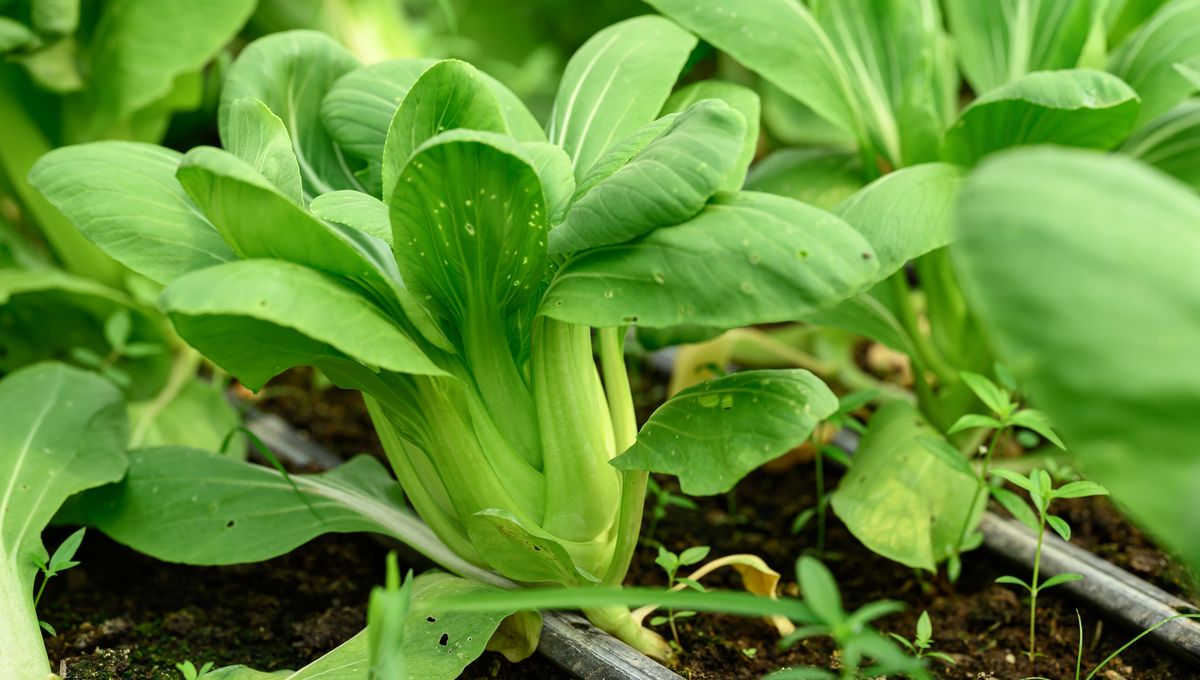
What do you do if the greens in your garden just won’t grow? Well, it might be time to dust off your old radio and crank the dial to the nearest classical radio station, because according to some recent research, a bit of Bach could help plants grow heavier and leafier.
In a study published last year in the journal Evolutionary Studies in Imaginative Culture, a team of researchers split bok choy (Brassica rapa) plants into three groups, and over the course of six weeks exposed each to different musical conditions in two-hour bursts: one group was played classical music, specifically all six of Johann Sebastian Bach’s Brandenburg Concertos; another was played a compilation of instrumental rock music (sadly not a loop of Jimi Hendrix’s toothy guitar solo); and the last was a control group grown with no music exposure (boring, perhaps, but necessary).
From the second week onwards, the team recorded measurements of the plants’ growth, such as the number of leaves and the plants’ heights. Then, when the plants were harvested at six weeks, the researchers also noted the length and volume of their roots, and the fresh and dry weights of the plants.
The results were clear: the classical music group won out, with plants exposed to Bach coming in heavier and leafier, with greater root volume – something that helps them take up more of the nutrients they need to grow – than the rock and control groups.
Still, this doesn’t mean that you should start blasting Bach in your greenhouse to get your leafy greens growing. Not only would that probably land you with a passive aggressive note from your neighbor, but as the researchers point out, this is just one study – more research is needed to back up its findings.
“Despite the promise around the use of classical music to help stimulate plant [growth], further studies are undoubtedly still needed before any firm conclusions regarding the potential benefits of exposing plants to an acoustic stimulus can be drawn,” the authors write.
But if their conclusions are found to be solid, what is it about classical music in particular that could get plants reaching for the sky?
“Playing music to plants is not as crazy as it may sound at first. Classical music may have an effect on plant growth because plants are attuned to vibrations, such as the vibrations of running water in soil, and they react to them biologically,” said study co-author Professor Charles Spence, per Classic FM.
“Meanwhile the different frequencies in rock music may fall outside the sonic range which boosts plant growth.”
Speaking of high-pitched sounds, did you know that plants make them? It’s not quite Bach though… more like ultrasonic screaming. Maybe they are rock fans after all.
Source Link: Bach-To-Bach Classical Music Can Make Plants Grow Better